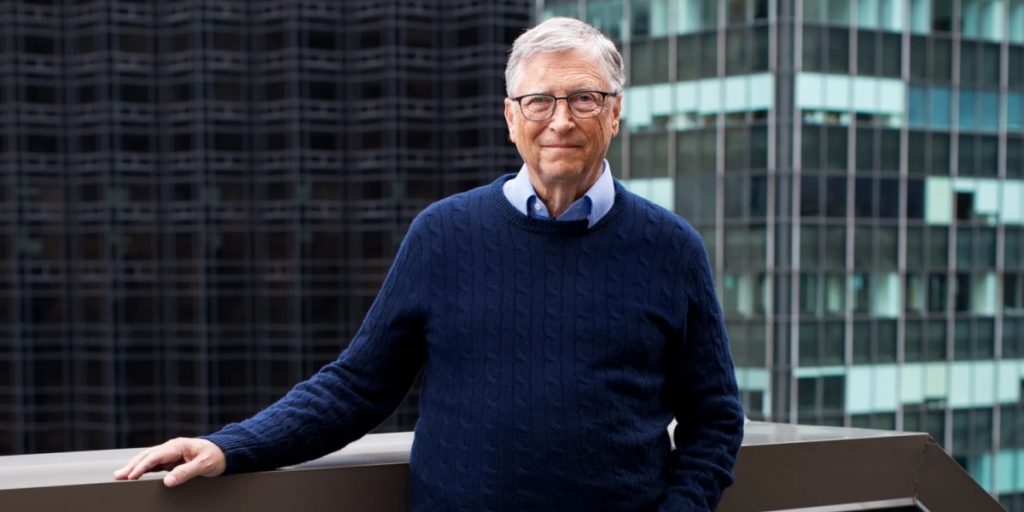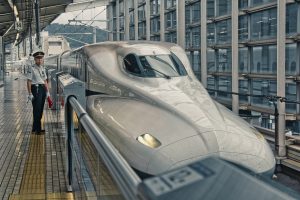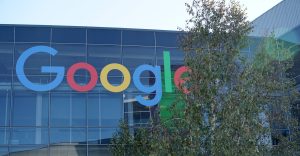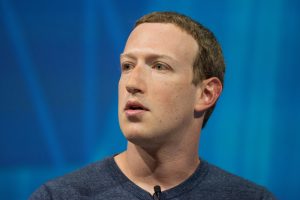The Future of Work: Bill Gates and Nvidia’s Jensen Huang Have Opposing Views
Others are reading now
Technology is changing fast. Every day, artificial intelligence is improving, and many people worry about the future of their jobs.
Some fear that AI will take over most professions. Others believe that some careers will always need human skills.
The debate is ongoing, and tech leaders have different opinions on what the future holds.
Bill Gates, co-founder of Microsoft, recently spoke about this on “The Tonight Show” with Jimmy Fallon.
Also read
He believes that AI will replace many jobs, but some professions will remain essential, writes WP.
According to Gates, programmers, energy experts, and biologists will still be in demand.
He compared coding in the AI era to learning basic math, even though computers can do it much faster. People will still need to write code and manage systems.
Gates also pointed out that the energy sector is too complex for AI to handle alone. Renewable energy, power grids, and optimization all require human expertise.
In biology, AI can assist with research and DNA analysis. However, it cannot replace human intuition when it comes to discovering new treatments or making scientific breakthroughs.
Not everyone agrees with Gates. Jensen Huang, CEO of Nvidia, has a different perspective.
During the World Government Summit in Dubai, he said that programming will soon become unnecessary.
He believes AI will advance to the point where coding will not require specialized knowledge.
“Our job is to create technology so that none of us have to program,” Huang said.
“When the programming language is a human language, then everyone is a programmer. That is the miracle of artificial intelligence.”
Huang suggested that young people should focus on careers in biology, education, manufacturing, and agriculture. He believes these fields will be more resistant to automation.
The discussion between Gates and Huang reflects two different views of the future. Some see AI as a tool that will create new opportunities, while others see it as a force that will replace human labor.
The impact of AI will depend on how it is used. In some industries, it may take over repetitive tasks.
In others, it may enhance human abilities and create new possibilities. The future of work is still uncertain, but one thing is clear: AI will continue to reshape the job market in ways we are only beginning to understand.








